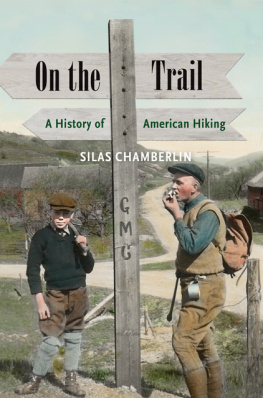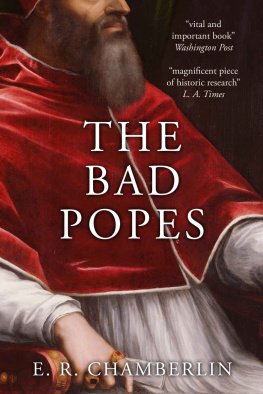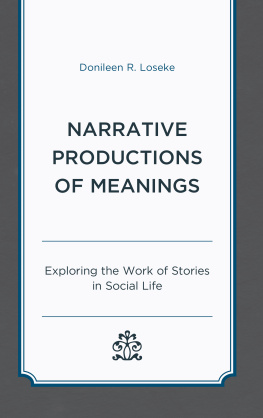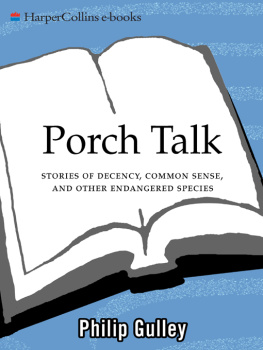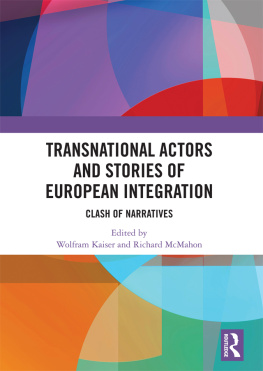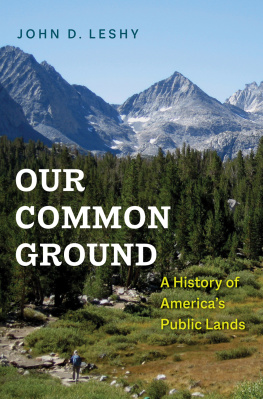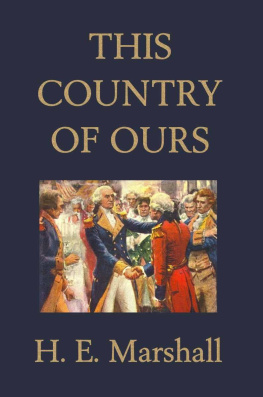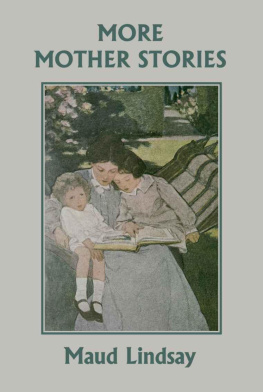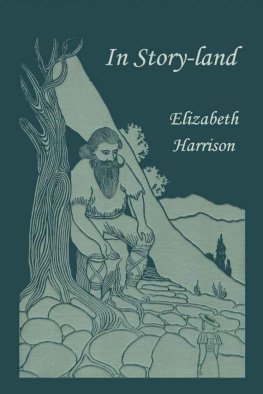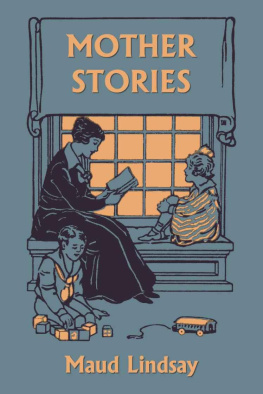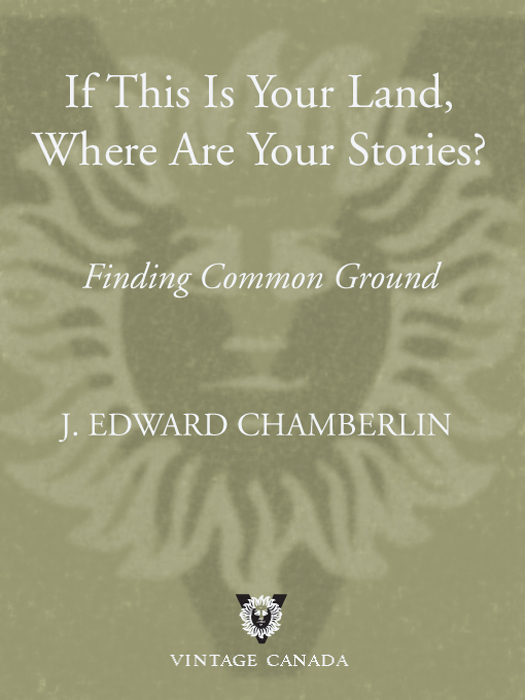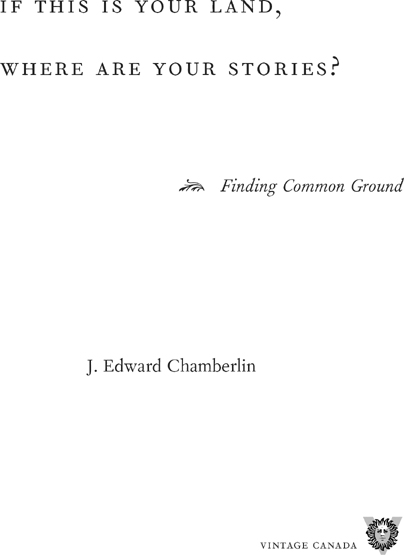Praise for
IF THIS IS YOUR LAND, WHERE ARE YOUR STORIES?
One of the most interesting non-fiction books of the year.
National Post
This is one wild, engaging ride.Toronto Star
J. Edward Chamberlin writes with astonishing originality
about the fluidity of human culturesabout our pressing need to
acknowledge the paradoxes and contradictory truths that are apparent
everywhere just under the surface of events. His book is a gift
that reads like the distillation of a lifetime of thinking
and personal experience.
Erna Paris, author of Long Shadows: Truth, Lies and History
Ted Chamberlins book is delightful.
It tackles profound questions of cultural conflict, by reminding
us of our own songs and stories, revealing the extent to which
vocabulary and language enable us to know not only where we are
but who we are. They give meaning to our lives; in them we
are blessed by imagination, whether we realize it or not. And by
an understanding of the songs and stories of the peoples
who lie beyond our borders, or even within them, we can
truly know who we are, where we came from,
and what weand theymay become.
Thomas R. Berger, author of
One Mans Justice and A Long and Terrible Shadow
Chamberlin dances between ideas, sources of ideas,
anecdotes, giving the reader flashes of insight and glimpses of the
world that are both new and profound [He] has made this
tapestry so rich that it will be explored again and again.
Hugh Brody, author of The Other Side of Eden:
Hunters, Farmers, and the Shaping of the World
There is no easy way to describe this remarkable book.
Every page is a cascade of rich and original ideas, dazzling in their
breadth and profound in their relevance. Baudelaire once identified
horror of home as a great malady of the modern age. In a literary
journey that takes us from the of the fires of the Gitksan to the
forests of Africa, from the songs of cowboys to the poetry
of shamans, from science to the realm of myth,
Ted Chamberlin provides the cure.
Wade Davis, author of Light at the Edge of the World
This new book places us in the middle of the stories of indigenous
peoplesfrom Canada to Africa to Australiaabout themselves
and the world. Chamberlin has become our literary bard through
which these people are able to speak in their own voices. An
extraordinary achievement, one made once in a generation.
It is not only a book that all must read but, more
importantly, one that we all must listen to.
Sander L. Gilman, author of Jewish Frontiers:
Essays on Bodies, Histories, and Identities
Explores the idea of home through storytelling.
This enthralling book touches on religion, nationalism,
literature and mythology.
The Vancouver Sun
Contents
For Lorna

Introduction

I T HAPPENED AT A MEETING between an Indian community in northwest British Columbia and some government officials. The officials claimed the land for the government. The natives were astonished by the claim. They couldnt understand what these relative newcomers were talking about. Finally one of the elders put what was bothering them in the form of a question. If this is your land, he asked, where are your stories? He spoke in English, but then he moved into Gitksan, the Tsimshian language of his peopleand told a story.
All of a sudden everyone understood even though the government foresters didnt know a word of Gitksan, and neither did some of his Gitksan companions. But what they understood was more important: how stories give meaning and value to the places we call home; how they bring us close to the world we live in by taking us into a world of words; how they hold us together and at the same time keep us apart. They also understood the importance of the Gitksan language, especially to those who do not speak it.
The language sounded strange; it made no sense to most of the people there. But its strangeness was somehow comforting, for it reminded them that stories always have something strange about them, and that this is what first takes hold of us, making us believe. Recognizing the strangeness in other peoples stories, we see and hear it in our own.
Other peoples stories are as varied as the landscapes and languages of the world; and the storytelling traditions to which they belong tell the different truths of religion and science, of history and the arts. They tell people where they came from, and why they are here; how to live, and sometimes how to die. They come in many different forms, from creation stories to constitutions, from southern epics and northern sagas to native American tales and African praise songs, and from nursery rhymes and national anthems to myths and mathematics.
And they are all ceremonies of belief as much as they are chronicles of events, even the stories that claim to be absolutely true. We first learn this when we are very young; which is to say, we learn how to believe before we learn what to believe. It is what we believethe second stagethat is at the heart of many of our current conflicts. We love and hate because of our beliefs; we make homes for ourselves and drive others out, saying that we have been here forever or were sent because of a vision of goodness or gold, or instructions from our gods; we go wandering, and we go to war. Whether Jew or Arab, Catholic or Protestant, farmer or hunter, black or white, man or woman, we all have stories that hold us in thrall and hold others at bay. What we share is the practice of believing, which we become adept at very early in our lives; and it is this practice that generates the power of stories.
We need to go back to the beginning. We all want to believe. We all need to believe. Every parent, every farmer, every builder, every cook knows this. We have to believe that the child will grow, or spring will come, or that the house will take shape, or the bread will rise. Stories and songs give us a way to believe, and ceremonies sustain our faith.
They also give us things to believe, which is a mixed blessing. The reality of our lives is inseparable from the ways in which we imagine it, and this closeness sometimes produces conflict and confusion. But it also produces some of our most durable myths, whose contradictory character seems to be part of being human and is certainly part of all cultures. The contradiction is inseparable from the nature of belief and the dynamics of believing, which always involve an element of strangeness and surprise.
Every story brings the imagination and reality together in moments of what we might as well call faith. Stories give us a way to wonder how totalitarian states arise, or why cancer cells behave the way they do, or what causes people to live in the streets and then come back again in a circle to the wonder of a song or a supernova or DNA. Wonder and wondering are closely related, and stories teach us that we cannot choose between them. If we try, we end up with the kind of amazement that is satisfied with the first explanation, or the kind of curiosity that is incapable of genuine surprise. Stories make the world more real, more rational, by bringing us closer to the irrational mystery at its centre. Why did my friend get sick and die? Why is there so much suffering in the world? Whose land is this we live on? How much is enough?


